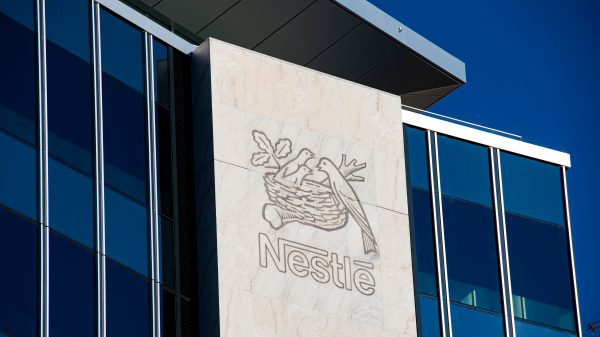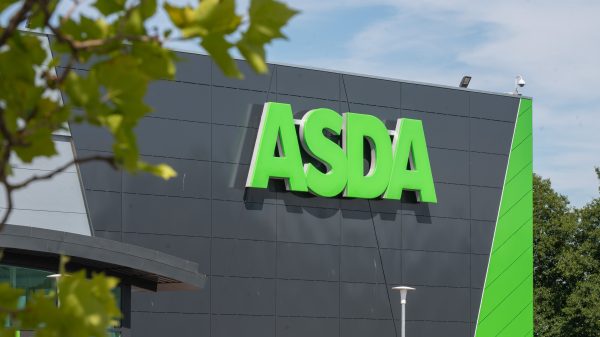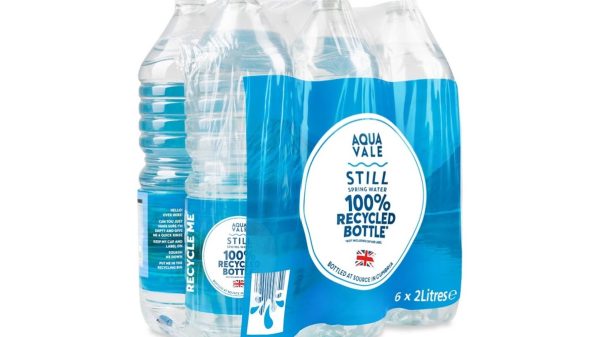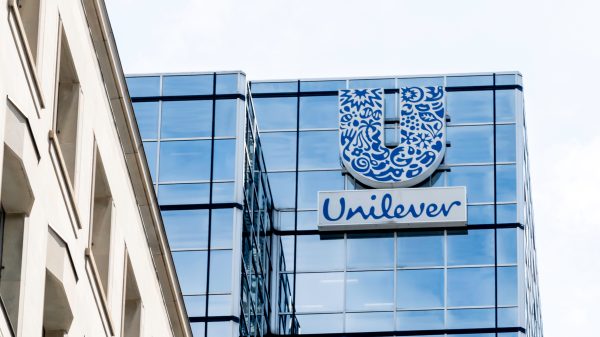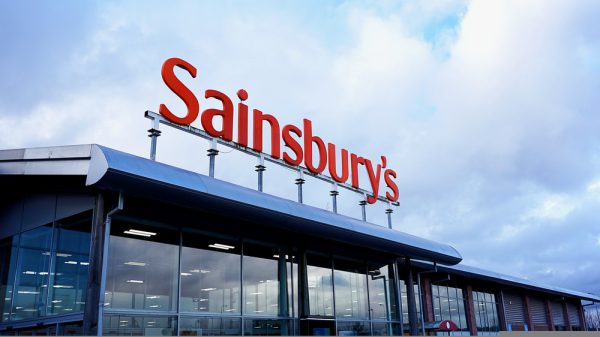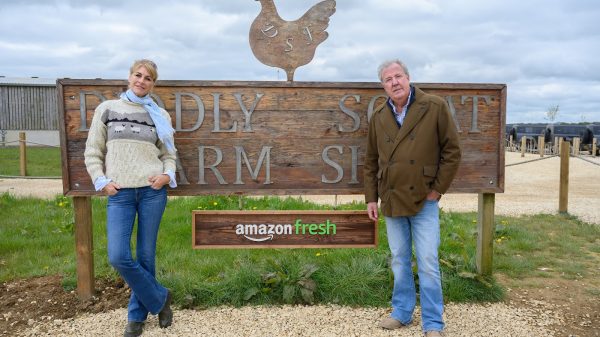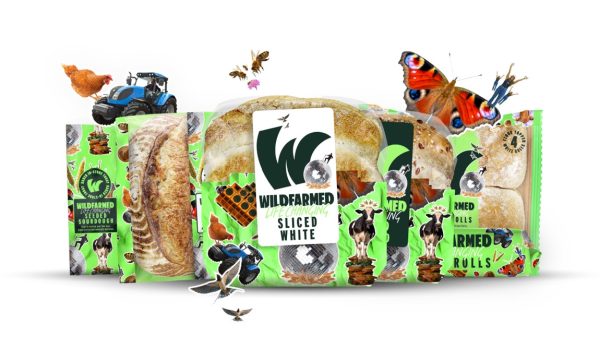The trade barriers which made Marks & Spencer’s Percy Pig sweets an early casualty of Brexit have cost British importers £600 million since January.
Customs duties paid by UK businesses soared from £1.6 billion to a record £2.2 billion in the space of a year, according to the Guardian.
Percy Pigs were among the 2000 foods hit by “rules of origin” regulations that came into force with the Brexit trade deal on January 1.
Marks & Spencer warned the sweets could be subject to tariffs in Northern Ireland just weeks later.
READ MORE: Supermarkets pass Brexit burden onto suppliers
The import taxes applied because Percy Pigs were made in Germany, brought to the UK and then sent over to Ireland.
Re-exports are not covered by the Brexit trade deal.
Thousands of businesses have since discovered they have to pay tariffs if they import a product that is not “sufficiently” manufactured in the EU.
Although Marks & Spencer cut its supply of Percy Pigs to Northern Ireland, along with 1000 other products, trade bodies believe the complicated export rules mean most companies pay the customs duties.
Michelle Dale, accountancy firm UHY Hacker Young’s senior manager, claimed: “UK businesses weren’t given enough time or help to prepare for the cost of Brexit.
“The cost of tariffs and extra paperwork is now causing serious difficulties for many businesses who are already struggling to stay profitable in the face of mounting pandemic-induced costs.”
Under the trade deal, goods that are largely made or processed in the EU can be imported without customs duties.
“The Percy Pig issue is still an issue more than eight months on for importers,” British Chambers of Commerce head of trade policy William Bain said.
“If the exporter cannot provide a certificate of origin, then importers may not be able to provide sufficient proof over the origin of the product.
“Some are then saying it’s just easier to pay the tariff.”
Fergus McReynolds, director of international affairs at manufacturing body Make UK, said businesses are still grappling with the specifics of import duties.
“We didn’t actually see the black and white of the text until Christmas Eve, and that didn’t give companies a lot of time to understand the implications,” he argued.
“Some companies have found the process difficult and in order to continue trading they are taking the option of paying the tariffs for ease of trading.”
Earlier this year, Marks & Spencer chairman Archie Norman announced the supermarket had been forced to “delist” products over trade rules coming in from October.
Click here to sign up to Grocery Gazette’s free daily email newsletter



